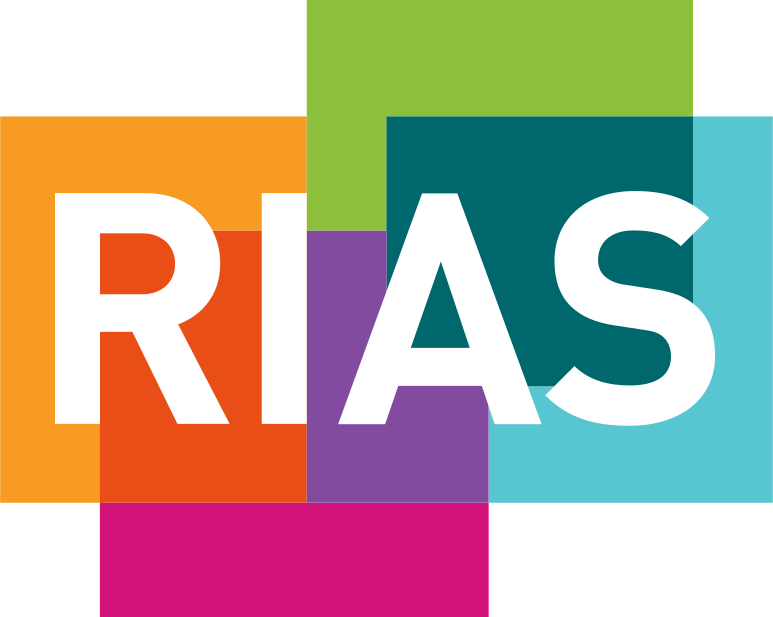A guide to home insurance with lodgers
Letting out a spare room can be an excellent idea if you’re looking to bring in some extra cash or would simply like some company.
While it can be easy to get going with, it’s important to do things by the book in order to protect both yourself and your tenant. And that includes your home insurance.
If you’re thinking of welcoming a renter into a home you own, read on and we’ll tell you all you need to know about keeping your home covered when your circumstances change.
Taking on a lodger: what you need to know
Before you decide to take the plunge, and alter your home insurance accordingly, it’s important that you’re confident that it’s the right decision.
The points below are just some of the areas you’ll need to consider.
1. You’ll probably need permission
Even when you own the property, it’s highly likely that you’ll need permission before you welcome in a lodger.
If you only own a leasehold property[1], then you may need the permission of the freeholder[2] and there’s a chance that having a lodger could breach the terms of your lease.
It’s also a good idea to let the local council know, and you’ll need to get the okay from your existing home insurance provider or find a new one – more on that later.
2. Finding the right person may take time (and effort)
For the house share to run successfully, it’s important that you get on with your lodger. You certainly don’t need to be best friends, but you need to be confident you can live in each other’s company in relative harmony.
That means an interview process will be key to finding the right person. Even if the would-be lodger is already a friend, it’s important you ask important questions about how they would use the home, what times they come and go and so on. You can also use this to check they’d be happy about any potential rules you have.
Once you think you’ve found the right person, it might be a good idea to sure up your good feeling with references from employers and a previous landlord – especially if you don’t know them very well.
3. You need to put everything in writing
It’s easy to think of letting a spare room as a much less formal arrangement than a traditional tenancy. But for the security of both yourself and your tenant, it’s important that you put the usual safeguards in place, and this is best done through a contract or written agreement. This is vital even if the lodger is someone you’re already close to.
Your contract or written agreement should cover things like:
- A statement of how much deposit has been paid (if any).
- The required rent, as well as how it must be paid and how often.
- How much notice is required by both parties to terminate the arrangement.
- How bills and maintenance costs will be split or who is responsible for paying which expenses.
- Details of which rooms and facilities your lodger can use.
- An inventory listing the items provided in the lodger’s space that belong to the owner and recording the condition of these items as well as the fixtures.
- The responsibilities of either party in terms of upkeep and order of the home.
4. Your home must be safe and secure
When you open up your home to a lodger, you’ll become responsible for ensuring that that space is safe, secure and to a habitable standard. That includes things like properly-functioning gas and electrical fittings, PAT tested appliances and reasonable fire prevention.
If something bad were to happen because your home was unsafe or defective, you could face legal action from a lodger.
It might be a good idea to have your home checked and inspected before you commence a tenancy, and have an insurance policy in place that would cover legal costs, if they arose.
Home insurance with lodgers: what you need to know
Your home insurance is another thing that’ll be affected when you take on a lodger.
Do I have to tell my insurance provider about a lodger?
Yes, you’ll need to inform your current insurance provider of your change in circumstances, otherwise you risk invalidating your policy and being left without cover if you need to make a claim.
Having a lodger in your house brings a very different set of risks to your residential situation, so, depending on your provider, some changes may be made to your policy and premium to account for this.
In most cases, your insurer will simply adapt your premium and policy terms, but please bear in mind that this will always depend on your individual provider.
Can my lodger affect my policy?
It’s important to note that your lodgers’ personal circumstances could affect how your policy changes. For example, you’d have to declare any unspent criminal convictions they had, while their occupation may also be considered. This is something you may want to factor into your selection process.
What would be covered under my policy?
As the landlord, you’re responsible for the building, so it’s very important you have buildings insurance in place. While it’s not essential, it’s highly recommended you have contents cover, too, as having a lodger could put your possessions at greater risk of damage or theft.
It’s important to note that any contents cover you take out will only apply to your possessions. In almost all cases, it would be up to your lodger to take out their own cover on the possessions they keep in the house.
If you want home insurance you can rely on, see what Rias could do for you when you get a home insurance quote today >
[1] https://www.gov.uk/leasehold-property
[2] https://www.moneyadviceservice.org.uk/en/articles/leasehold-or-freehold-financial-implications

